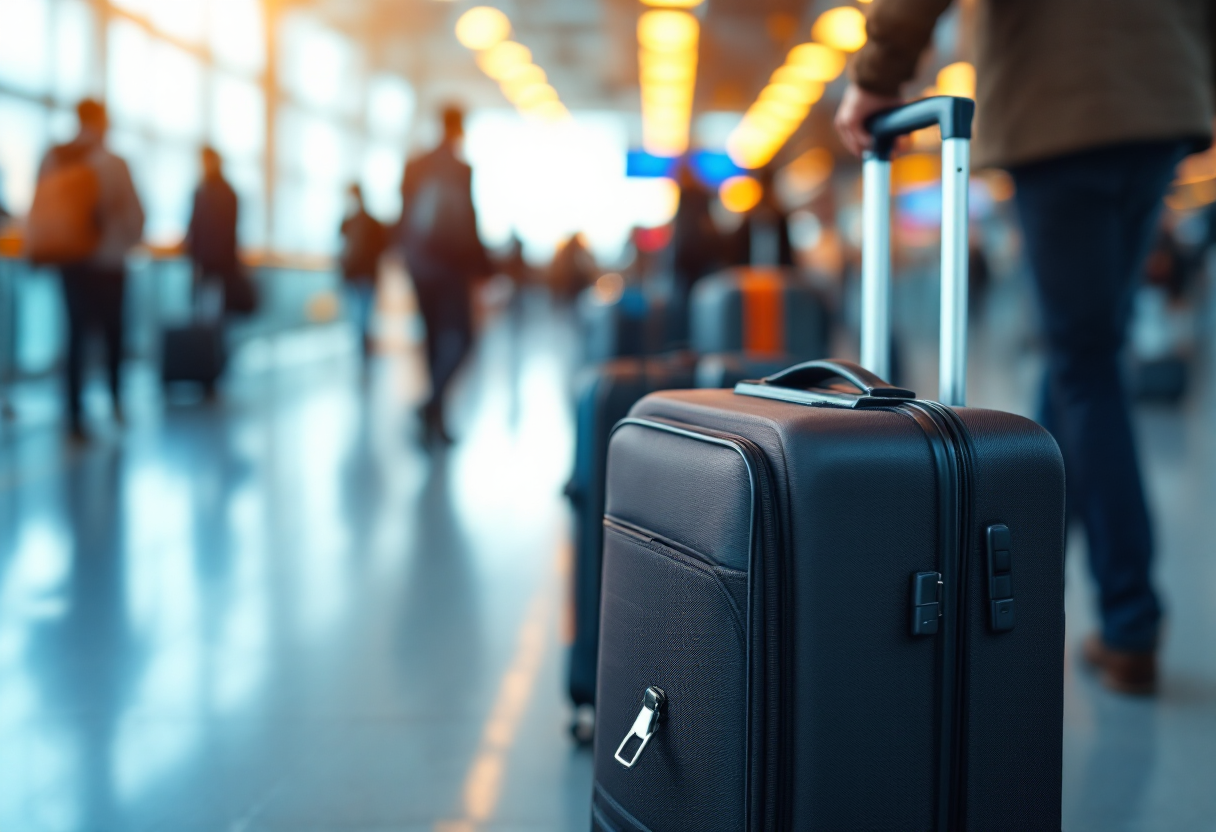Table of Contents
Airline executives under fire
In a recent parliamentary committee meeting, executives from major Canadian airlines, including Air Canada and WestJet, faced intense questioning regarding their controversial carry-on bag fees. This scrutiny comes on the heels of Air Canada’s announcement that passengers purchasing basic fares would only be allowed a personal item, forcing them to pay extra for carry-on luggage.
WestJet has similarly introduced an ‘UltraBasic’ fare class, limiting passengers to a small laptop bag or backpack. These changes have sparked outrage among Canadians, who are already grappling with rising living costs.
The impact of ancillary fees
The trend of airlines implementing ancillary fees for services that were once included in ticket prices has become increasingly common.
This shift has raised concerns among lawmakers and consumers alike, as it contributes to the overall unaffordability of air travel in Canada. During the committee session, Liberal MP Angelo Iacono questioned the airline executives about the fairness of these fees, especially in a time when many Canadians are struggling financially.
He emphasized the need for airlines to reconsider their pricing strategies to better serve the public.
Executives defend their pricing strategies
Despite the backlash, airline executives defended their pricing models, arguing that they provide consumers with more choices. WestJet CEO Alexis von Hoensbroech highlighted that the introduction of the UltraBasic fare has resulted in significant savings for passengers, with 1.2 million Canadians opting for this lower-cost option since its launch.
He claimed that this fare is, on average, 14% cheaper than WestJet’s next-best option, suggesting that it offers a viable solution for budget-conscious travelers. However, he also acknowledged the perception that airlines are exploiting consumers during an affordability crisis.
Calls for government intervention
As the discussion unfolded, von Hoensbroech pointed out that the high cost of air travel in Canada is partly due to government policies and various third-party fees. He urged the federal government to implement reforms that would alleviate these financial burdens, such as freezing increases in navigation and security fees.
Additionally, he proposed that the government stop charging airports rent for the land they occupy, allowing those funds to be reinvested into improving infrastructure and services. These changes, he argued, are essential for making air travel more competitive and affordable for Canadians.




